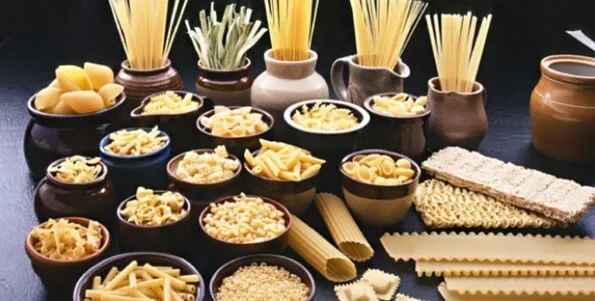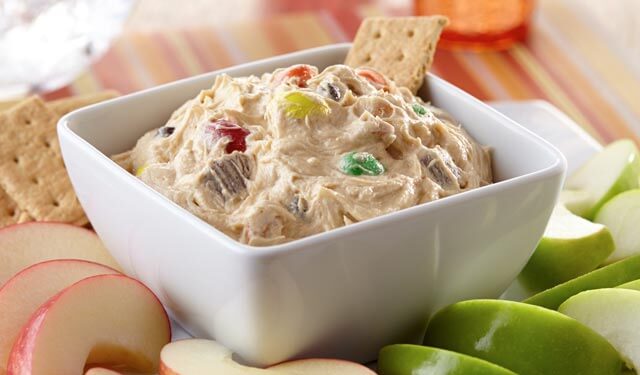

Cooking Pasta - Tips for the Perfect Pasta
Pasta is a quick meal that many of us make on a regular basis. Although cooking pasta may seem like a simple task, a few tips can help ensure the perfect pot of pasta every time.
 by
Mallory
by
Mallory
 by
Mallory
by
Mallory

Pasta is a quick meal that many of us make on a regular basis. Although cooking pasta may seem like a simple task, a few tips can help ensure the perfect pot of pasta every time.
Pick the Right Pasta for the Dish

Not all pasta is created equal, some noodles work better in certain dishes. Thin pasta (think angel hair) should be served with light pasta sauces (such as a light tomato sauce). Thick pasta shapes (such as fettuccini or bucatini) should be served with thicker, richer sauces (such as Alfredo). Shaped pasta with holes (such as penne or rigatoni) are great for chunkier, thicker sauces.
Make the Right Amount
Before cooking pasta, it helps to know how much you will get once it is cooked. A good guideline is that eight ounces of pasta (usually half a box, depending on the size of the package) will give you four cups of cooked pasta.
Cooking the Pasta: Don’t Overcrowd the Pot!

Pasta needs plenty of room to cook correctly. Using a larger pot with plenty of water is best. Usually, for one pound of pasta, 4 to 6 quarts of water is a good amount.
Stir the pasta once or twice during cooking time. And always make sure your water is at a full boil when you add the pasta, this will ensure that the pasta doesn’t stick together.
Finishing the Pasta: Don’t Overcook!
“Al dente” is a term you may have heard used on cooking shows and seen in recipes. This means to cook the pasta until it is “firm to the bite.” You don’t want the noodles to be hard, but you don’t want them mushy either. Cook pasta according to the package directions, using the shorter time. The only way to really tell if your pasta is “al dente” is to taste a noodle.
If you are preparing pasta to be used in a dish that will be baked (think mac and cheese or a pasta bake), undercook your noodles by 2 or 3 minutes. The pasta will continue to cook when it is placed in the oven, and no one likes overdone pasta!
Last, when draining your pasta, don’t rinse it! Rinsing your pasta does nothing but get rid of the useful starch that is coating the outside of the pasta. This starch will help bind your sauce and pasta together, creating a rich, flavorful pasta.
Armed with these pasta cooking tips and techniques, you’ll end up with perfectly cooked pasta every time.
Share Your Thoughts
Did you find this article helpful? Has it inspired you? What else would you like to know?



